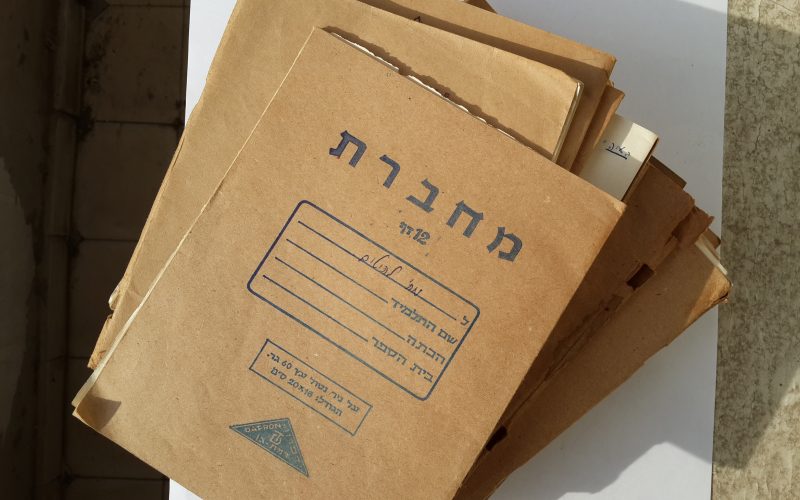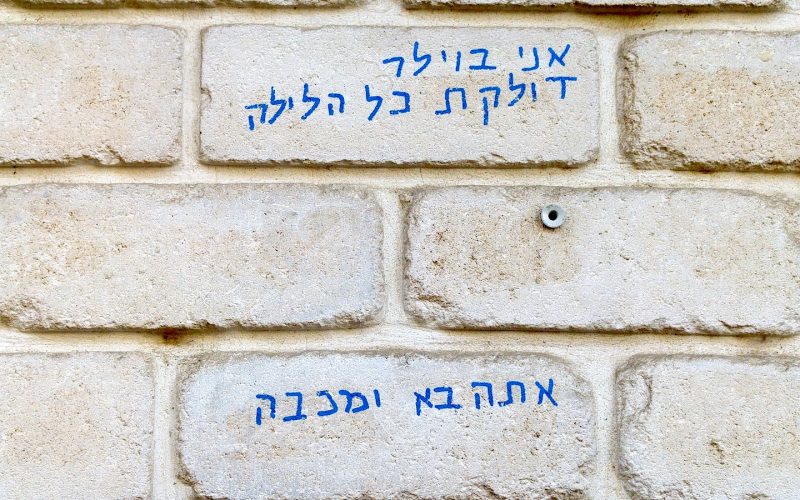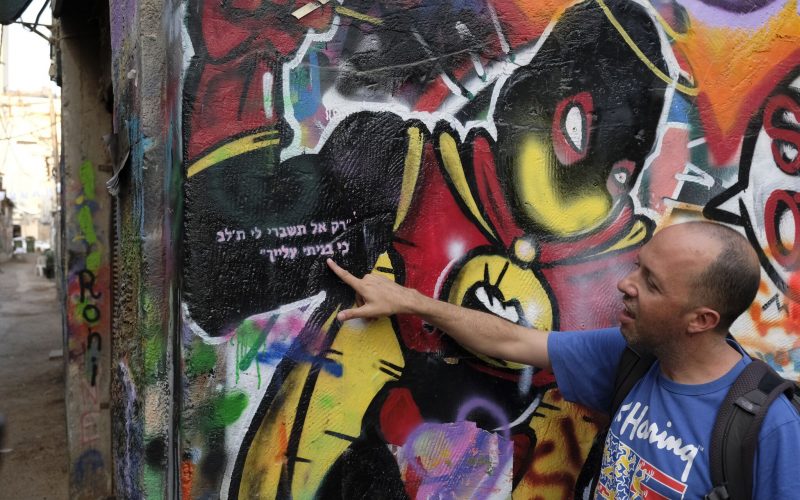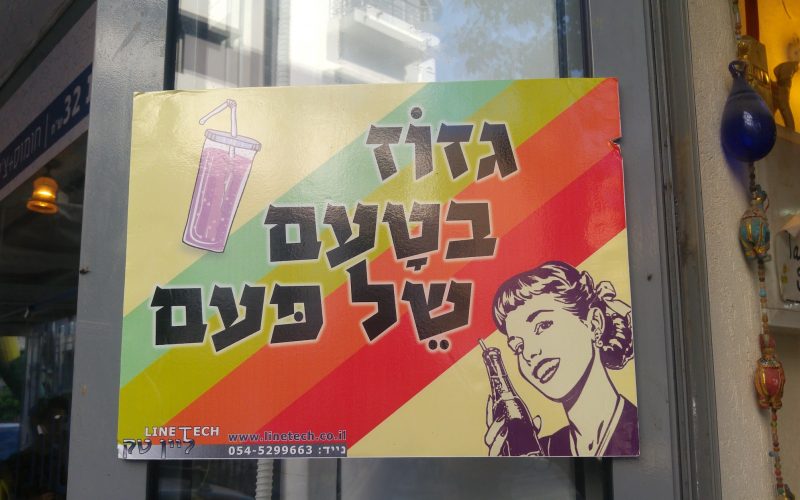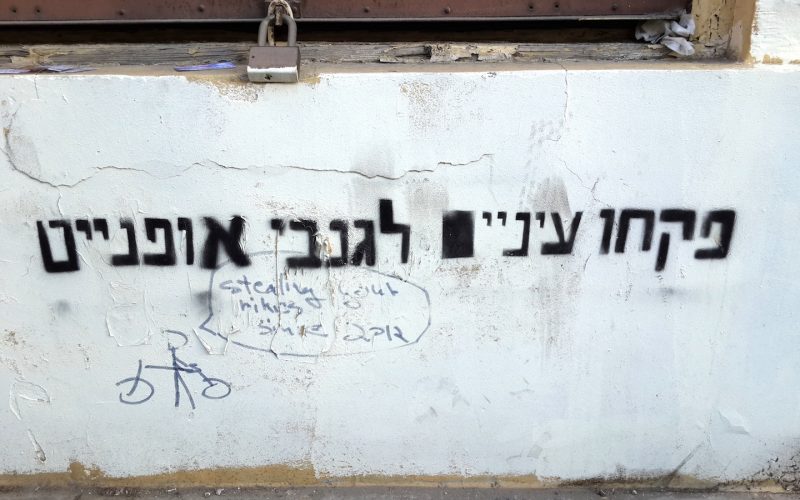Check Your Connection
The root חב”ר is rich. It’s used in the Hebrew words for “composing”, “connecting”, “joining”, “adding”, and many more. In this episode, Guy explains this root and teaches us how to say the ever-important phrase, “I can’t connect to the internet.”
Read More
